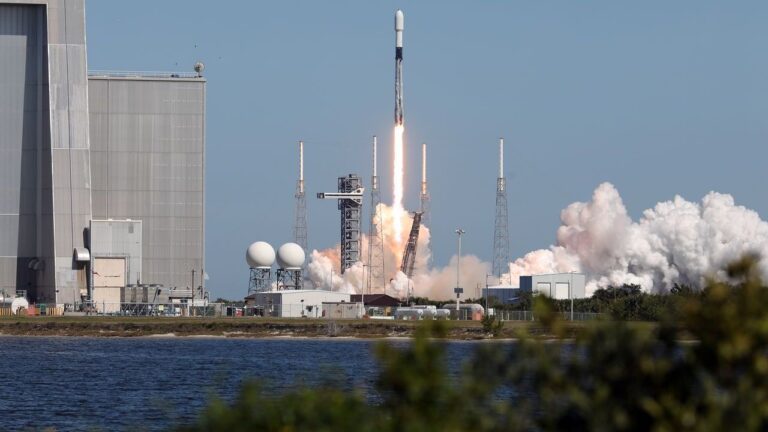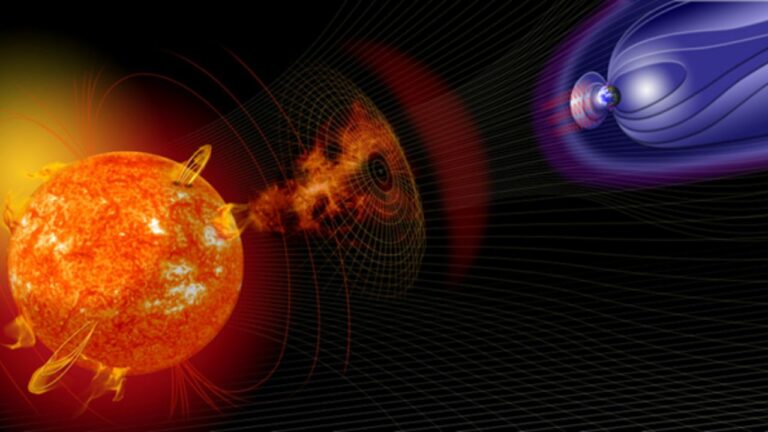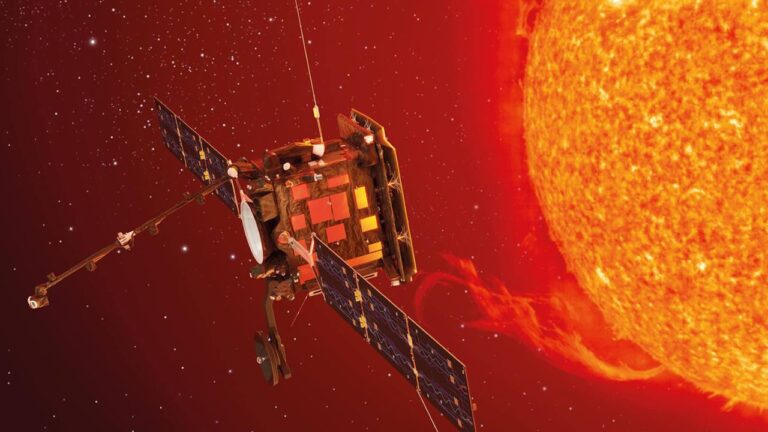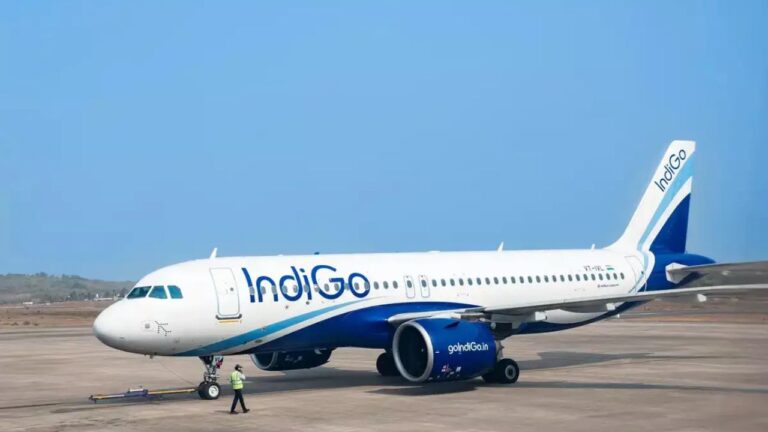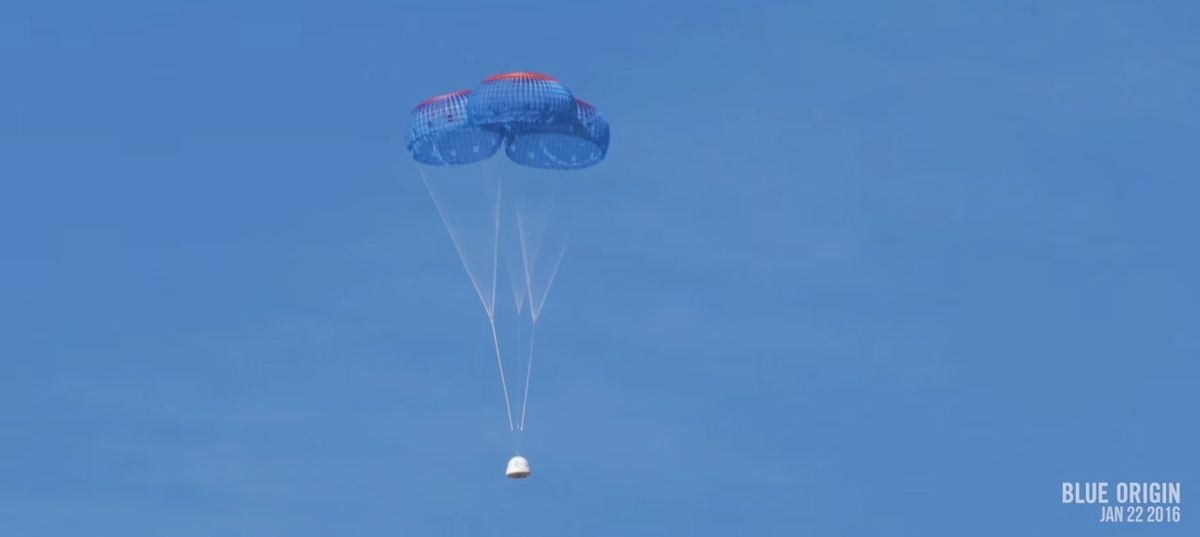
Blue Origin successfully conducted its first crewed New Shepard mission in nearly two years on May 19, carrying six people on a suborbital spaceflight. This mission, despite a parachute issue during descent, was declared a success by the company.
Launch Details and Technical Issues
New Shepard lifted off from Blue Origin’s Launch Site One in West Texas at 10:35 a.m. Eastern. The countdown was paused for over 20 minutes at the T-10 minute mark due to an unspecified technical issue. The vehicle’s ascent proceeded smoothly, and the propulsion module landed under rocket power near the launch site.
However, during the capsule’s descent, one of the three parachutes did not fully inflate. Blue Origin officials assured viewers on the webcast that the capsule is designed to land safely with only two parachutes. After touchdown, all six passengers were reported to be in good condition.
Mission Duration and Flight Details
The mission’s total elapsed time was 9 minutes and 53 seconds, slightly shorter than previous flights which averaged about 20 seconds longer. The capsule reached a peak altitude of approximately 106 kilometers.
Crew Members and Notable Participants
The six-person crew included Ed Dwight, a 90-year-old former U.S. Air Force pilot and the first Black astronaut candidate, selected by the Kennedy administration in 1961. Despite graduating from the Air Force’s Aerospace Research Pilot School, Dwight was not selected by NASA for subsequent astronaut classes. He later became a sculptor. Dwight’s participation in this flight was sponsored by Space for Humanity, a nonprofit organization that arranges flights for individuals on commercial spacecraft.
Dwight expressed his joy after the flight, calling it a “life-changing experience.”
Other Crew Members:
- Mason Angel: Founder of venture capital firm Industrial Ventures.
- Sylvain Chiron: Aviator and founder of Brasserie Mont Blanc, a major craft brewery in France.
- Ken Hess: Software engineer and entrepreneur, founder of STEM education nonprofit Science Buddies.
- Carol Schaller: Retired accountant and adventure traveler.
- Gopi Thorakura: Pilot and operator of a center for holistic wellness and applied health.
Background and Previous Missions
This flight marked the first time New Shepard carried people since the NS-22 mission in August 2022. The NS-23 flight in September 2022, which carried only research payloads, experienced an engine problem that led to the activation of the crew capsule’s abort motor. Although the capsule landed safely, the propulsion module was destroyed. An investigation attributed the mishap to the structural failure of the vehicle’s BE-3PM engine nozzle.
New Shepard returned to flight in December 2023 with the NS-24 mission, which was a reflight of the payload-only NS-23 mission. At that time, Blue Origin stated that crewed flights would resume “soon,” but did not specify a timeline.
Future Prospects and Industry Speculation
The lengthy hiatus in New Shepard flights led to industry speculation regarding the vehicle’s future and its priority within Blue Origin. The company is also working on the New Glenn orbital launch vehicle, expected to debut later this year after multiple delays, as well as the Blue Ring orbital transfer vehicle and Blue Moon lunar lander. These projects were mentioned during the NS-25 webcast.
Blue Origin did not provide a specific date for its next crewed flight in the webcast or post-flight statements.
